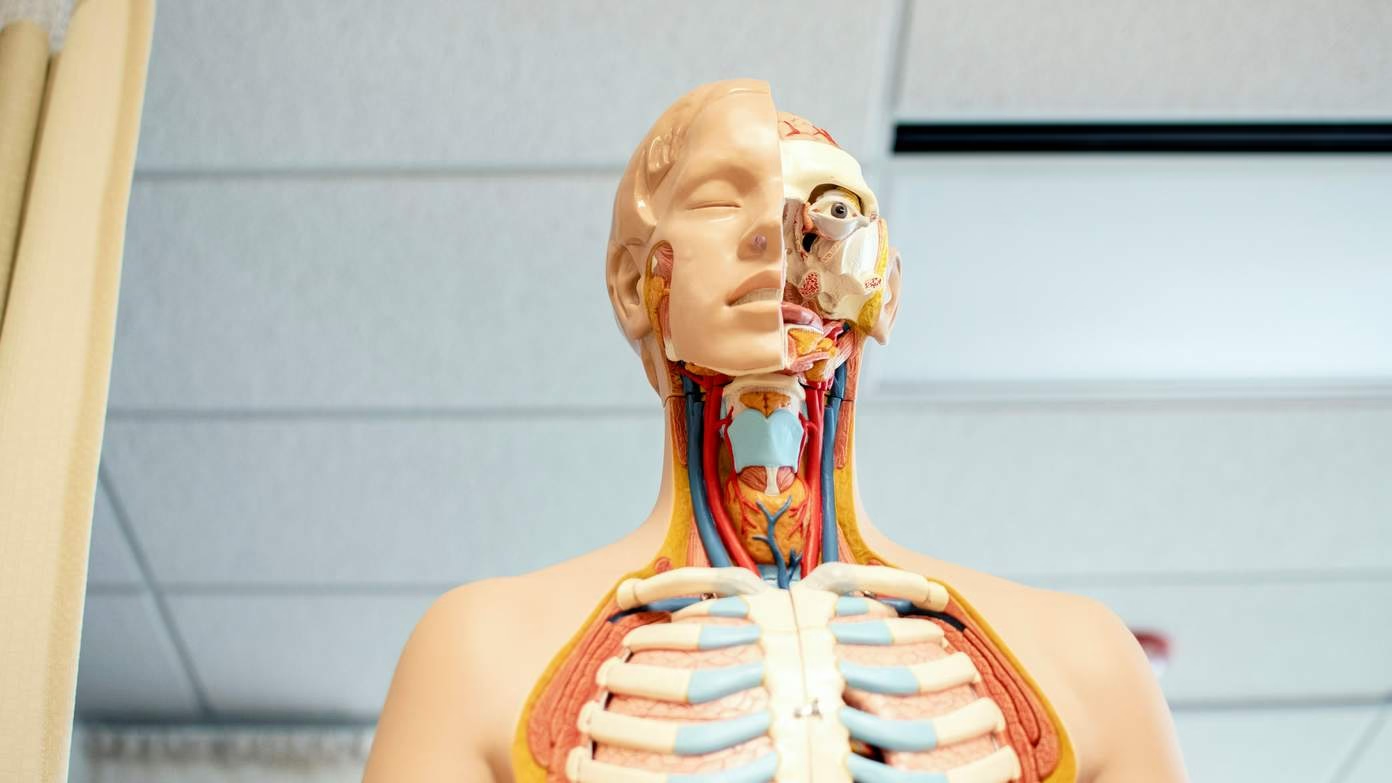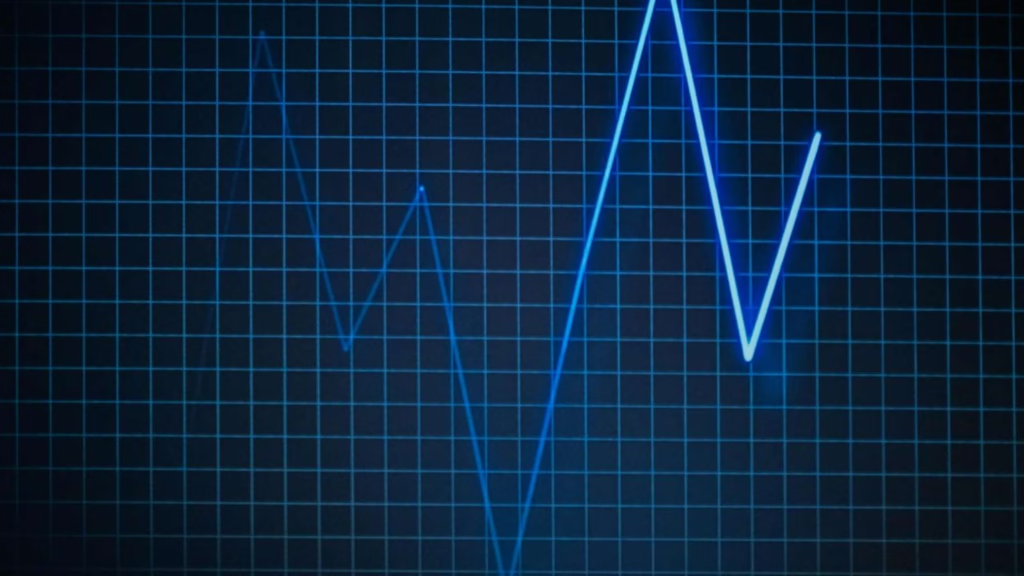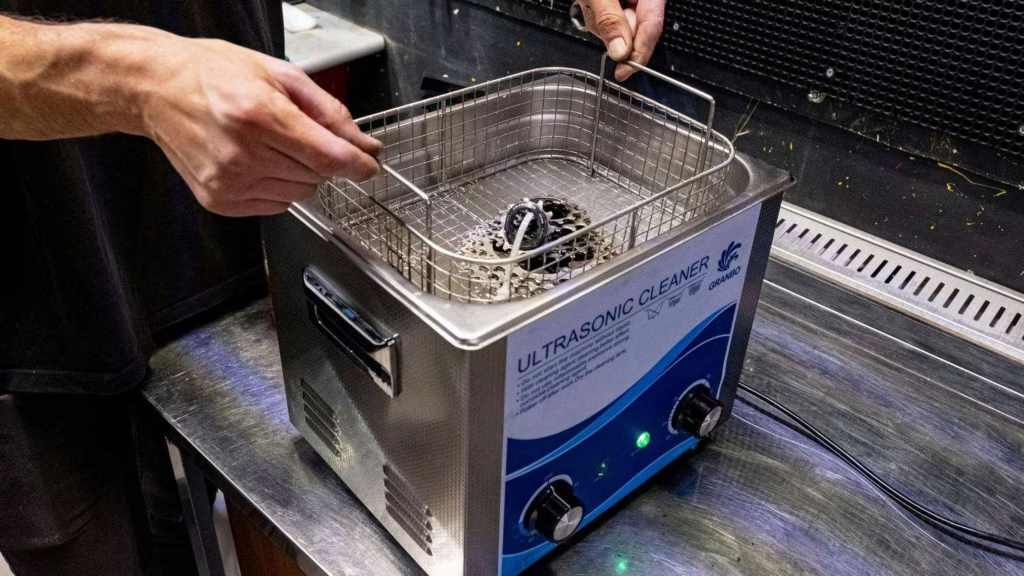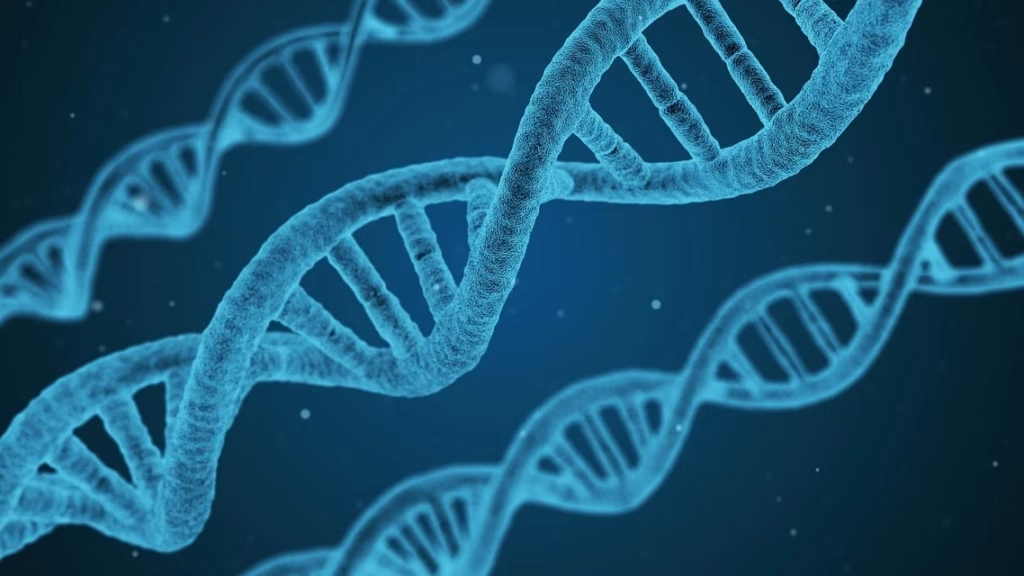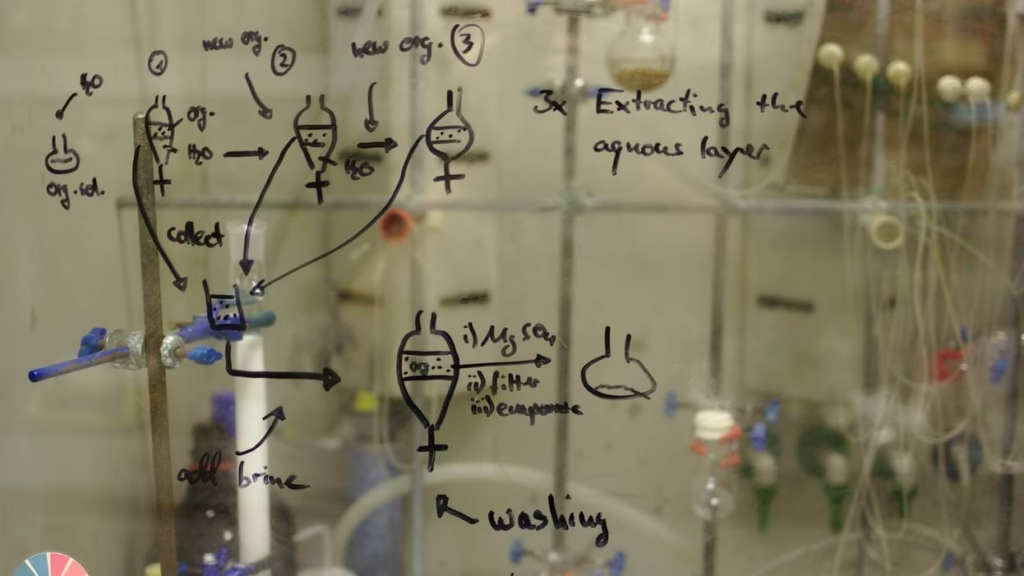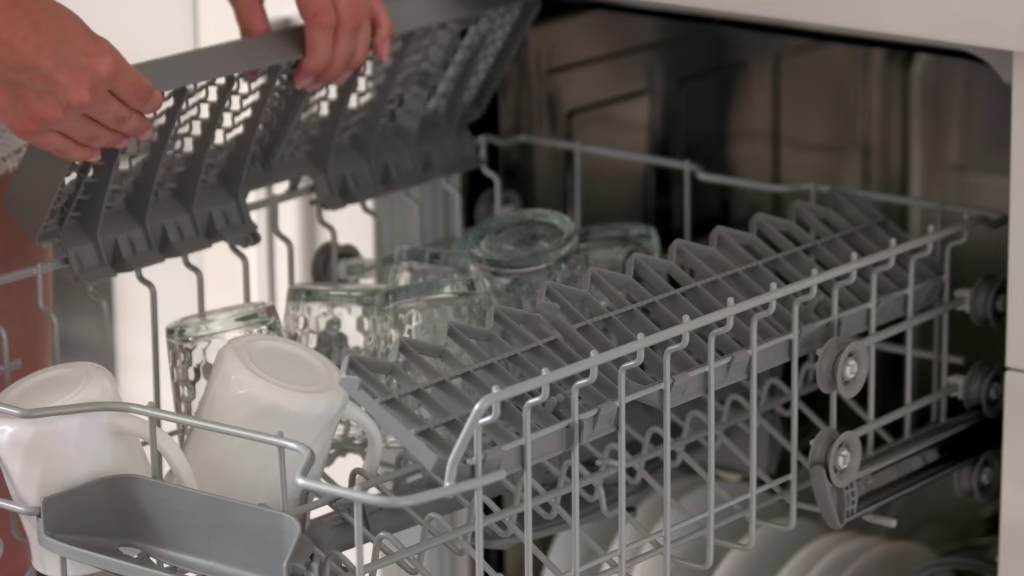Struggling to choose? Our guide breaks down AP Bio vs AP Chemistry. See score data, key differences, and find out which exam is the right for you.
Table of Contents
Introduction: Why Compare These Exams?
Choosing an AP science course is a big decision. You might be wondering which one to take. A common question is: Is AP Biology harder than AP Chemistry or Physics? The simple answer is they are different. Each has its own challenge.
AP Biology asks you to learn a lot of ideas. You also need to read data and write clear answers. AP Chemistry and Physics focus more on math problems. They involve step-by-step calculations.
This guide will help you compare them. We will look at the exam formats, difficulty, and how to study. This will help you make a smart choice and get ready to succeed.
1) A Quick Look at Each AP Science Exam
AP Biology
The test is 3 hours long. The first part has 60 multiple-choice questions. You get 90 minutes. The second part has 6 free-response questions (FRQs). You also get 90 minutes for these. Two FRQs are long. Four are short.
The test focuses on big ideas and science skills. You will need to look at graphs and tables. You will design experiments and explain your thoughts.
AP Chemistry
This exam has 60 multiple-choice questions and 7 free-response questions. Three FRQs are long, and four are short. It uses a digital format.
The test is heavy on math. You must show your work. Pay attention to units and significant figures.
AP Physics
There are a few types of AP Physics.
Physics 1 and 2 use algebra. They test your understanding of concepts and problem-solving.
Physics C uses calculus. It is the most math-heavy AP science. It is like a first-year college physics course.
2) What the Score Data Tells Us
Let’s talk numbers. Score data helps us see which tests might be harder to pass.
AP Biology: In a recent year, about 68% of students scored a 3 or higher.
AP Chemistry: The pass rate was a bit higher, around 76%.
AP Physics 1: Sometimes has a lower pass rate than the others.
The takeaway? The pass rates are close. But AP Chemistry often has a slightly higher pass rate than AP Biology. This shows the exams test different skills.
3) Different Exams Test Different Skills
AP Biology – Big Ideas and Data
You need to know a wide range of topics. This goes from tiny cells to big ecosystems. The key is connecting these ideas.
The test focuses on skills. You will analyze data and design experiments. You must explain your answers in full sentences.
AP Chemistry – Math and Lab Skills
This subject is all about math. You will do multi-step calculations. You must show each step of your work. Lab work is also very important.
AP Physics – Solving Problems with Models
You will learn to model how things move. You use math to solve problems. For Physics C, you need to know calculus.
4) Why AP Biology Feels Unique
Two things make AP Biology stand out.
First, data is central. You will read experiments and interpret results. You might need to make a graph. The goal is to see trends and explain what they mean.
Second, you must write. Unlike just showing math work, you write full paragraphs. You explain experimental designs. You defend your ideas with evidence. Bullet points are often not enough.
This means AP Biology tests your ability to connect ideas. You need strong communication skills and content knowledge.
5) How to Prepare for Your Exam
For AP Biology – Try These 6 Tips
- Practice Science Skills. Work on reading data and designing experiments.
- Write Full FRQ Answers. Practice writing your answers in paragraphs. Time yourself.
- Think Like a Scientist. Do lab work. Practice naming variables and controls.
- Connect the Dots. Link small ideas to big ones. For example, connect a gene to a trait.
- Get Good with Graphs. Be comfortable with bar graphs, line graphs, and scatter plots.
- Do MC Practice. Many questions come with a chart or graph to read.
Want to see how you’re doing? Check your progress with this handy AP Bio score calculator.
For AP Chemistry
- Practice Math Problems. Get good at the main types of calculations.
- Show Your Work. Write down every step. This can get you partial credit.
For AP Physics
- Master the Models. Practice drawing diagrams for forces and energy.
- Know Your Math. For Physics C, be strong in calculus.
6) Make a Study Plan
8-Week Fast Plan
- Weeks 1-2: Review weak topics. Use flashcards.
- Weeks 3-4: Focus on FRQs. Do one long and one short each session.
- Week 5: Time yourself on multiple-choice sections.
- Week 6: Practice labs and data analysis.
- Week 7: Take full practice tests. Review mistakes.
- Week 8: Light review. Focus on test-day strategy.
Semester-Long Plan (The Best Way)
- Each week: Do one lab, one FRQ, and short daily quizzes.
- Every fourth week, review all the past material.
- Use online videos and tools for extra help.
7) The Best Resources to Use
- College Board: The official source for exam info and past questions.
- Khan Academy: Free lessons and practice.
- Review Websites: Sites like Fiveable break down FRQs clearly.
- Prep Books: Books from Princeton Review or Barron’s are great for practice.
8) Common Mistakes and How to Fix Them
- Mistake: Only memorizing for AP Bio.
- Fix: Practice using facts to explain data. Write out your reasoning.
- Mistake: Not showing work in Chemistry.
- Fix: Write down every step for your math problems.
- Mistake: Skipping lab practice.
- Fix: Review your lab reports. Know how to find errors and improve experiments.
9) Which AP Science Should You Take?
Your choice depends on what you like.
- Do you enjoy experiments, data, and writing? Then AP Biology is for you. It’s great for future doctors or biologists.
- Do you prefer math and solving puzzles? AP Chemistry or AP Physics C might be a better fit. Choose Physics C if you are also taking calculus.
This AP science exams comparison shows there’s no single “best” choice. It’s about the right fit for you.
Final Thoughts: Your Strategic Choice
So, in the AP Biology vs AP Chemistry debate, which wins? Neither.
AP Biology is not harder or easier. It is just different. It tests your ability to read science and think logically. Chemistry and Physics test your math skills and problem-solving.
Your choice should reflect your interests. Think about the skills you want to build. Do you want biological literacy and experimental reasoning? Or do you prefer mathematical modeling?
Choose the challenge that excites you the most. Good luck

